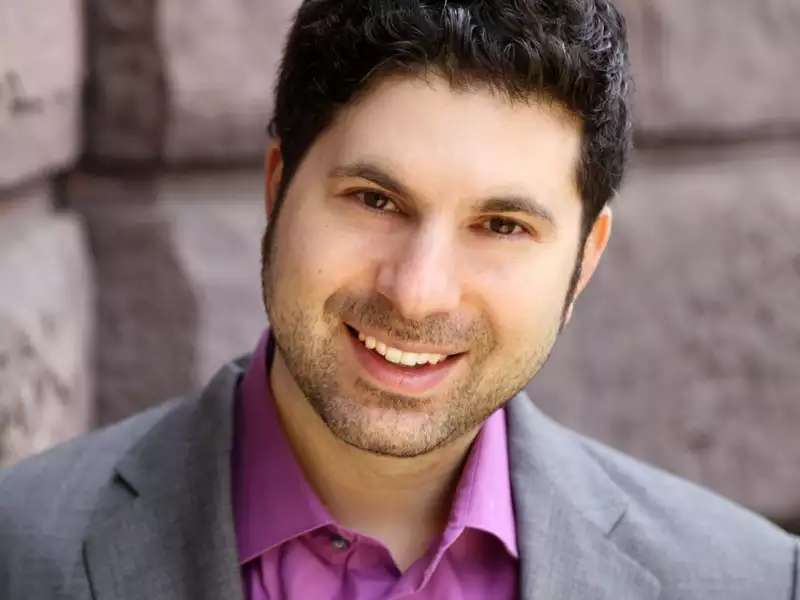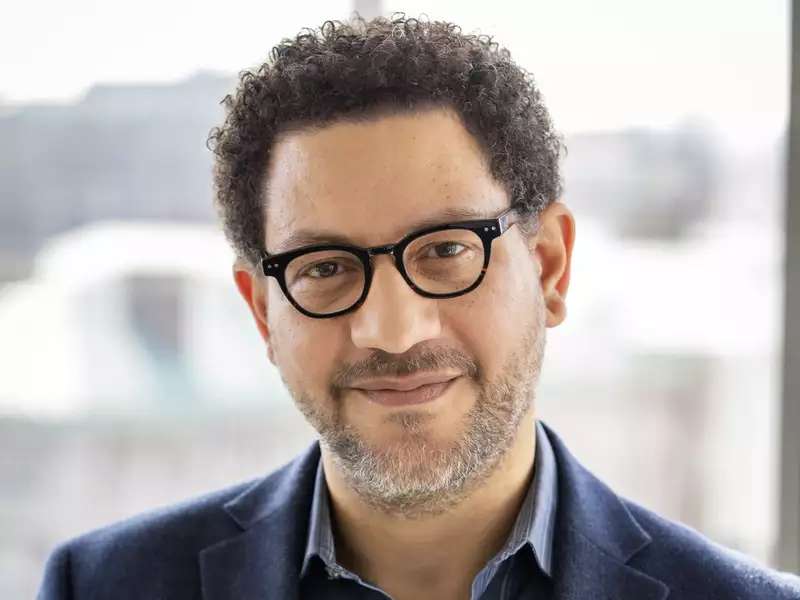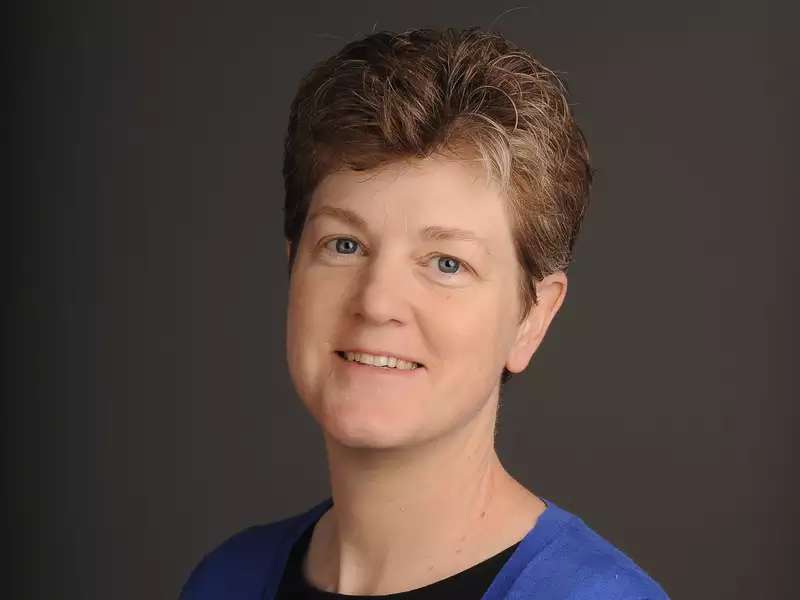
Like many, the canine behavioral expert Alexandra Horowitz adopted a dog during the pandemic. She had extra incentive: understanding a puppy’s development. Now she’s turned her observations into a book.
Our program offers a rigorous exposition of the study of the mind in action. In classroom courses, in instructional laboratories, and in research conducted with the faculty, students explore intellectual perspectives and empirical methods expressed across the discipline of Psychology. The Department also connects our students to many forums in the College and at Columbia University for discussion and refinement of scientific work.
If you entered Barnard in or after Fall 2021, the requirements for completing a
Major in Psychology have changed.
There are now three core introductory psychology courses
- PSYC BC1001, PSYC BC1101, PSYC BC1020 -
which are pre-requisites for all 2000-level PSYC laboratory courses.
Dr. Armita Ghobadi (she/her) is a Developmental Cognitive Psychologist who studies how people learn, think, and communicate—both in words and beyond them. She earned her Ph.D. in Developmental and Child Psychology, with a minor in Cognitive Science, from Georgia State University, after completing her bachelor’s and master’s degrees in Clinical Psychology at the University of Tehran. She also trained in Applied Data Science at MIT, gaining the skills to use machine learning and advanced statistical modeling to explore complex questions about human and child behavior.
Her research spans from early childhood to adulthood. With children, she focuses on both neurotypical and neurodivergent development, especially among autistic children and those with Down syndrome. She examines how neurodivergent children use speech and gesture, and how factors such as play context, parental talk, cultural background, and socioeconomic circumstances influence their cognitive and linguistic growth. Her goal is to better understand the unique milestones neurodivergent children reach—and to develop ways to support them that build on their individual strengths, rather than comparing them to neurotypical norms.
With adults, she studies bilingualism and brain plasticity, comparing early and late learners of different languages (including Spanish, Persian, and Chinese) as well as speakers with varying proficiency levels. She is especially interested in how the typology of a first language shapes the learning of a second, and how bilinguals of different backgrounds use gestures and facial expressions alongside speech—whether to reinforce their message or to add entirely new layers of meaning not expressed in words. In collaboration with organizations such as Duolingo and Google Gemini, she is working to integrate gesture into language learning, making it a fuller and more authentic representation of how humans communicate.
Teaching and mentorship are at the heart of Dr. Ghobadi’s work. She is an advocate for building interactive, high-energy classrooms where students can connect theory to real-world challenges. Her courses are designed to be engaging, inclusive, and practical, and she has received multiple teaching awards for her ability to make complex topics accessible and inspiring. As a mentor, she is deeply committed to supporting students from underrepresented and BIPOC backgrounds, helping them identify their strengths, set ambitious goals, and navigate both academic and professional pathways.
Her research has been supported by the National Institutes of Health (NIH), the National Science Foundation (NSF), the Swiss National Science Foundation (SNSF), and the American Speech-Language-Hearing Association (ASHA). Her teaching and mentorship have been recognized by organizations such as the Society for Research in Child Development (SRCD) and the Association for Psychological Science (APS).
Outside of academia, Armita likes to keep life just as dynamic as her work. She is an avid runner and weightlifter, a competitive bullet chess player when she can find a good match, and a karaoke regular—often belting out Taylor Swift or Chappell Roan. She swears by the motto “it is never too late,” whether that means learning to ride a bike as an adult or saying yes to a brand-new experience just because it sounds fun. And when she is not teaching, mentoring, researching, or working out, she happily indulges in what she calls her favorite form of “Cardio”: a full afternoon of retail shopping/thrifting.

Like many, the canine behavioral expert Alexandra Horowitz adopted a dog during the pandemic. She had extra incentive: understanding a puppy’s development. Now she’s turned her observations into a book.
Barnard Psychology Faculty in the News

Scott Barry Kaufman, who teaches the course The Science of Living Well here at Barnard, has just released a new book, Choose Growth: A Workbook for Transcending Trauma, Fear, and Self-Doubt, a research-based toolkit for turning challenging times into a springboard for healing, insight, and new beginnings.

Introducing the incoming editor of the Journal of Personality and Social Psychology, Dr. Colin Wayne Leach.

In December 2020, research by psychology professor Ann Senghas was published in the third chapter of the Minnesota Symposia on Child Psychology.

Prof. Tara Well gives a TEDxOcala talk entitled “What Mirror Meditation Can Teach You.”
This series features a selection of guest speakers, providing an opportunity for students and faculty to hear from scientists making new discoveries in the psychological and brain sciences.
Department Colloquiums are open to the public and are held on specific Wednesdays during the academic year at 4pm in room 614 Schermerhorn Hall on Columbia's campus.
Visit Columbia Psychology's website for the AY25-26 schedule.
Barnard Psychology Department
415 Milbank Hall
3009 Broadway
New York, NY 10027
psych@barnard.edu
212-854-2069
(voice mail not checked daily)